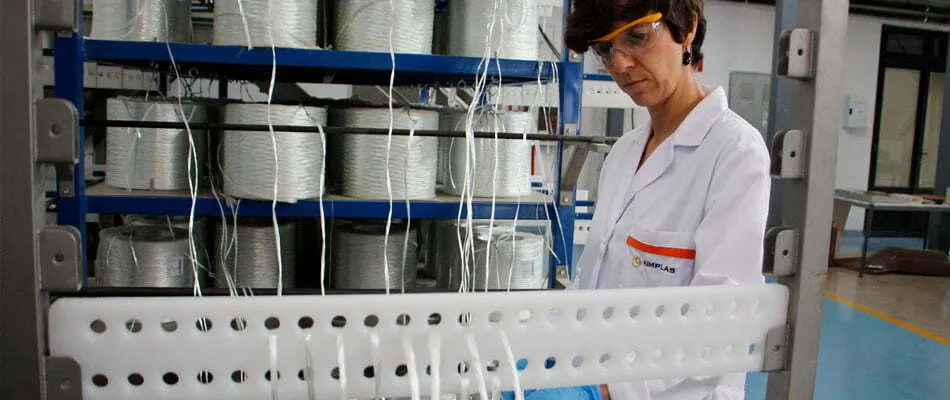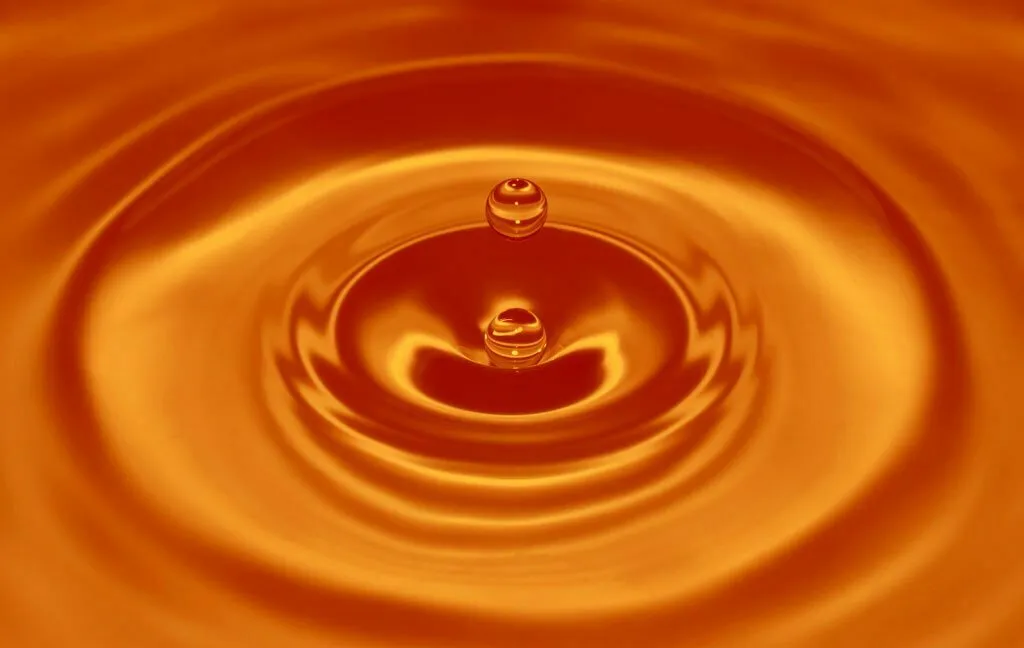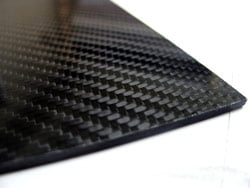Technologies
Composites
composite materials can be used to produce lightweight components with optimal mechanical properties, excellent resistance to degradation and high corrosion resistance.
The versatility in designing complex shapes and the outstanding performance of composites provide a series of significant advantages for various applications in sectors such as aerospace, construction, automotive, naval, sports, among others.
AIMPLAS has the knowledge and technology your company needs to develop high added value materials, products and processes.
Our solutions
- Resin transfer processes: mould design and sensor implementation in moulds to optimise the RTM process.
- Pultrusion: selection of materials, product design, validation in a pilot plant, application of UV-cured coatings and application of gel-coat on the production lines.
- Compression processes: obtaining prototypes, selection of raw materials to meet final product specifications and the development of biocomposites.
- Solid surface: improvement of properties by developing formulations and incorporating nanoparticles.
- Non-conventional curing of thermosetting resins: microwave and UV radiation. Adaptation of this technology to different processing types: RTM, infusion, pultrusion, etc.
- Polyurethane foaming.
- Flame retardancy of polymer matrices.
- Biocomposites: adaptation of production processes and optimisation of properties.
- Recovery of end-of-life tyres and other thermosetting polymers by developing new manufacturing processes.
- Chemical characterisation of thermosetting matrices.
- Physico-mechanical characterisation of thermoset composites.
- Recyclability studies and reuse of waste thermosetting materials.
- New technologies and improved processes for occupational safety.
Equipment
- Microwave curing
- RTM, RTM-Light and infusion
- Pultrusion
- Polyurethane dosing and mixing
- Solid surface formulation
- Compression moulding pilot plant
WHY AIMPLAS
What makes us different
Technology
We have cutting-edge machinery for developing projects
Comprehensive advice
We provide customised assistance to solve processing problems
Training
We offer specialised training on composite material processing









